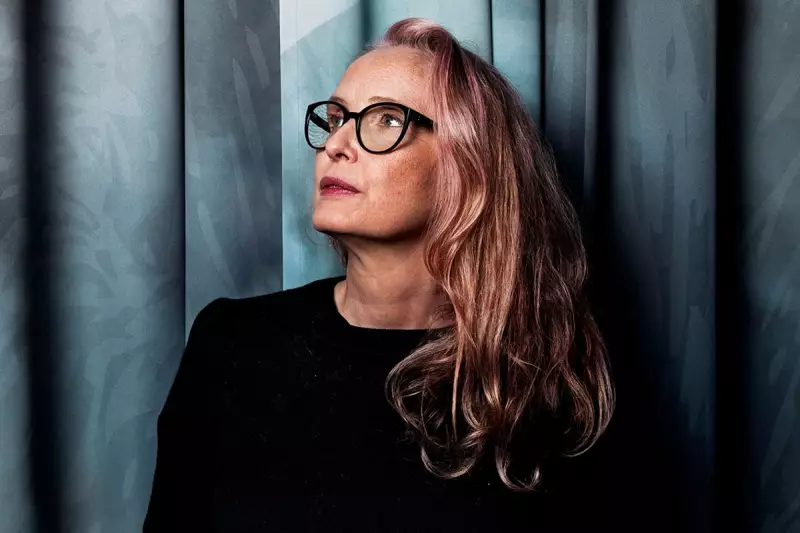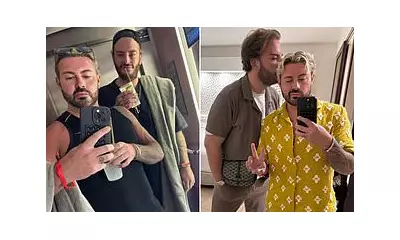
In a remarkably candid new interview, acclaimed actress and filmmaker Julie Delpy has opened up about her complex relationship with the industry, the profound legacy of the Before trilogy, and her latest cinematic venture now streaming on Netflix.
Delpy, who co-wrote and stars in the new French-language film The Week (La Semaine), describes the project as a darkly comedic exploration of a woman held hostage by her own boyfriend. She draws a stark parallel between this fictional scenario and her own experiences in Hollywood, revealing a sense of being held 'hostage' by the very franchises that made her famous.
The Shadow of Céline: A Role That Defines & Confines
For many, Delpy is eternally Céline, the intelligent, talkative idealist from Richard Linklater's beloved trilogy. While she expresses immense gratitude for the opportunity and her collaboration with Linklater and co-star Ethan Hawke, she admits the role's success has been a double-edged sword.
"It's a beautiful prison," she reflects, acknowledging the trilogy's masterpiece status while also confessing it sometimes feels like a "hostage situation." The global fame and specific association with the character, she suggests, can make it challenging for audiences and producers to see her in a different light, potentially limiting the diversity of roles she is offered.
'The Week' on Netflix: A Personal Project
Her new film, The Week, represents the kind of personal, director-driven cinema she champions. A sharp and witty thriller, it sees her character trapped in a country house by a possessive partner. Delpy, who directed, co-wrote, and stars in the film, uses this high-concept premise to delve into deeper themes of control, manipulation, and the struggle for autonomy.
The film's arrival on Netflix offers it a vast global platform, a modern distribution model Delpy seems to embrace for its ability to connect with audiences directly, outside the traditional studio system.
A Candid Voice on Industry Inequalities
Never one to shy away from speaking her mind, Delpy also touches on the persistent inequalities within the film industry. She discusses the heightened scrutiny and criticism often faced by women directors compared to their male counterparts, pointing out that a man might be called 'eccentric' for behaviour that would see a woman labelled 'difficult'.
Her comments reinforce her long-held reputation as a fiercely intelligent and uncompromising artist, determined to tell the stories she wants to tell, on her own terms.
Ultimately, the interview paints a picture of an artist deeply grateful for her past but relentlessly pushing forward. Julie Delpy continues to carve her own path, using her voice both on and off the screen to challenge conventions and explore the intricate, often dark, corners of human relationships.





